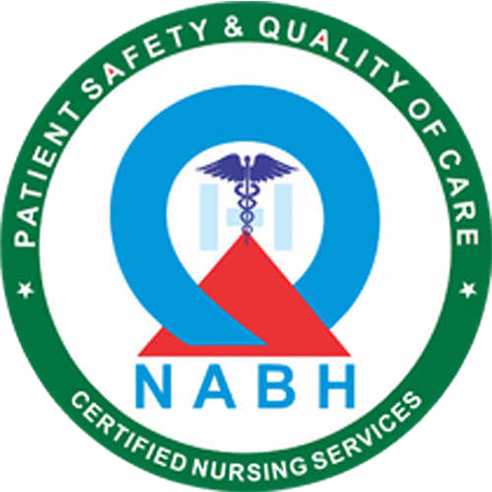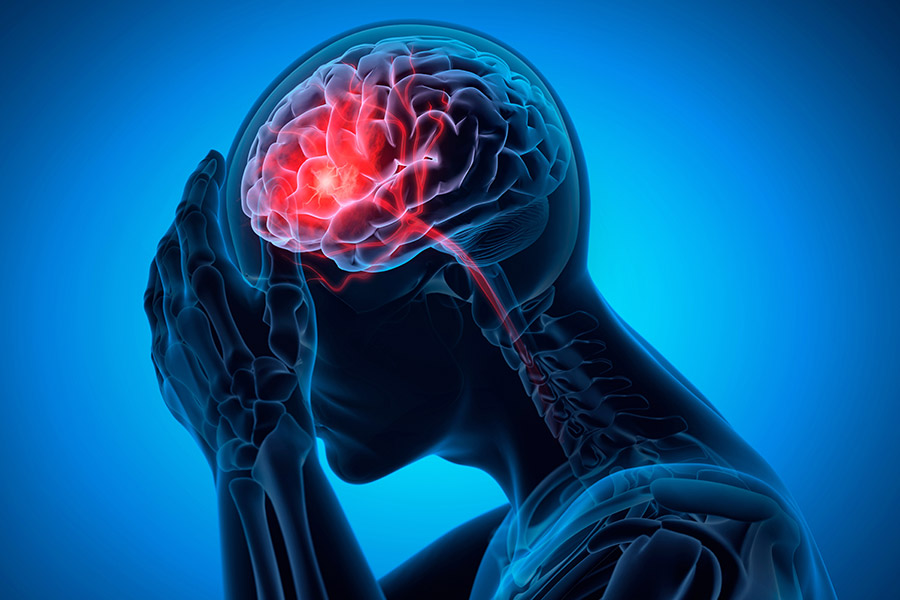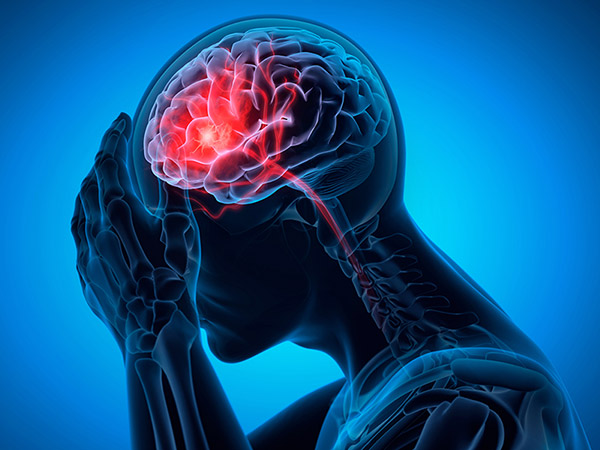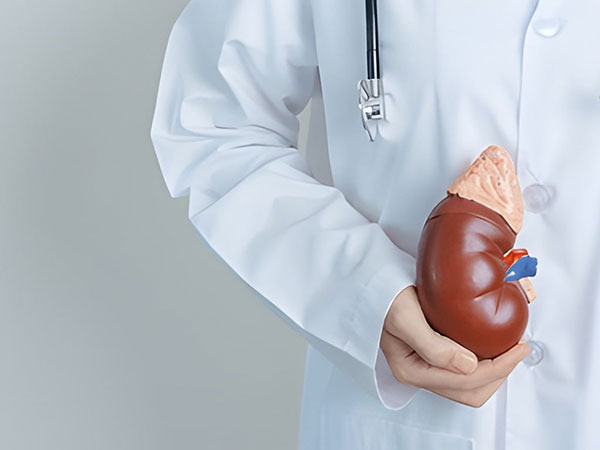A stroke is one of the most critical medical emergencies, and time truly is of the essence. When a stroke occurs, every passing minute can mean the loss of millions of brain cells. Recognizing the first signs early and seeking immediate medical help can make all the difference between recovery and disability.
At Sushrut Hospital, Chembur, our experienced neurologists emphasize that awareness and timely action are key to saving lives.
What Causes a Brain Stroke?
A brain stroke occurs when blood flow to a part of the brain is interrupted or reduced, preventing brain tissue from getting oxygen and nutrients. Within minutes, brain cells begin to die.
Common causes of stroke include:
- Blocked arteries (Ischemic Stroke)
- Ruptured blood vessels (Hemorrhagic Stroke)
- Brief blood flow interruption (Transient Ischemic Attack or TIA)
Risk factors such as high blood pressure, diabetes, smoking, high cholesterol, obesity, and sedentary lifestyle increase the likelihood of a stroke.
Understanding the Types of Stroke
1. Ischemic Stroke
An ischemic stroke is the most common type, accounting for nearly 80–85% of all strokes. It happens when a blood clot blocks or narrows an artery leading to the brain.
There are two main types:
- Thrombotic Stroke – caused by a clot forming within the brain arteries.
- Embolic Stroke – caused by a clot that travels from another part of the body (usually the heart) to the brain.
Prompt treatment for an ischemic stroke involves medications like clot-dissolving drugs (tPA) administered within the first few hours to restore blood flow and prevent brain damage.
2. Hemorrhagic Stroke
A hemorrhagic stroke occurs when a blood vessel in the brain bursts, causing bleeding into or around the brain tissue. This can be due to uncontrolled hypertension, aneurysm, or trauma.
Hemorrhagic Stroke Treatment
Treatment focuses on controlling the bleeding and reducing pressure in the brain.
Options include:
- Emergency surgery to repair ruptured blood vessels.
- Medications to control blood pressure and prevent further bleeding.
- Rehabilitation therapy for recovery of lost functions.
3. Transient Ischemic Attack (TIA) – The Warning Stroke
A Transient Ischemic Attack, often called a mini-stroke, occurs when blood flow to the brain is briefly blocked. Although symptoms last only a few minutes or hours, it’s a serious warning sign of a possible major stroke in the near future.
Transient Ischemic Attack Symptoms:
- Sudden numbness or weakness in the face, arm, or leg—especially on one side.
- Trouble speaking or understanding speech.
- Sudden vision changes in one or both eyes.
- Dizziness, loss of balance, or coordination.
- Severe, unexplained headache.
Transient Ischemic Attack Causes:
TIAs are usually caused by temporary blood clots or narrowing of arteries due to plaque buildup.
Anyone who experiences TIA symptoms should seek immediate medical attention, even if they subside quickly.
Why Every Minute Counts
A stroke is a true medical emergency. The faster you reach a hospital, the better your chances of recovery.
Remember the acronym F.A.S.T. to recognize the early signs:
- F – Face: Ask the person to smile. Is one side drooping?
- A – Arms: Ask them to raise both arms. Does one drift downward?
- S – Speech: Is speech slurred or strange?
- T – Time: If you observe any of these signs, call emergency services immediately.
Early diagnosis and treatment by a neurologist can minimize brain damage and improve outcomes significantly.
Why Choose Sushrut Hospital, Chembur
At Sushrut Hospital, our team of experienced neurologists in Chembur and advanced emergency care facilities are equipped to handle stroke cases 24x7.
- Led by the best neurologist in Chembur, our stroke management team ensures quick diagnosis, CT/MRI imaging, and appropriate treatment—whether it’s an ischemic stroke or hemorrhagic stroke.
- As one of the best hospitals in Chembur, we provide comprehensive post-stroke rehabilitation, including physiotherapy and occupational therapy.
Patients across Mumbai trust Sushrut Hospital for expert neurological care, guided by some of the top neurologist doctors in Mumbai.






